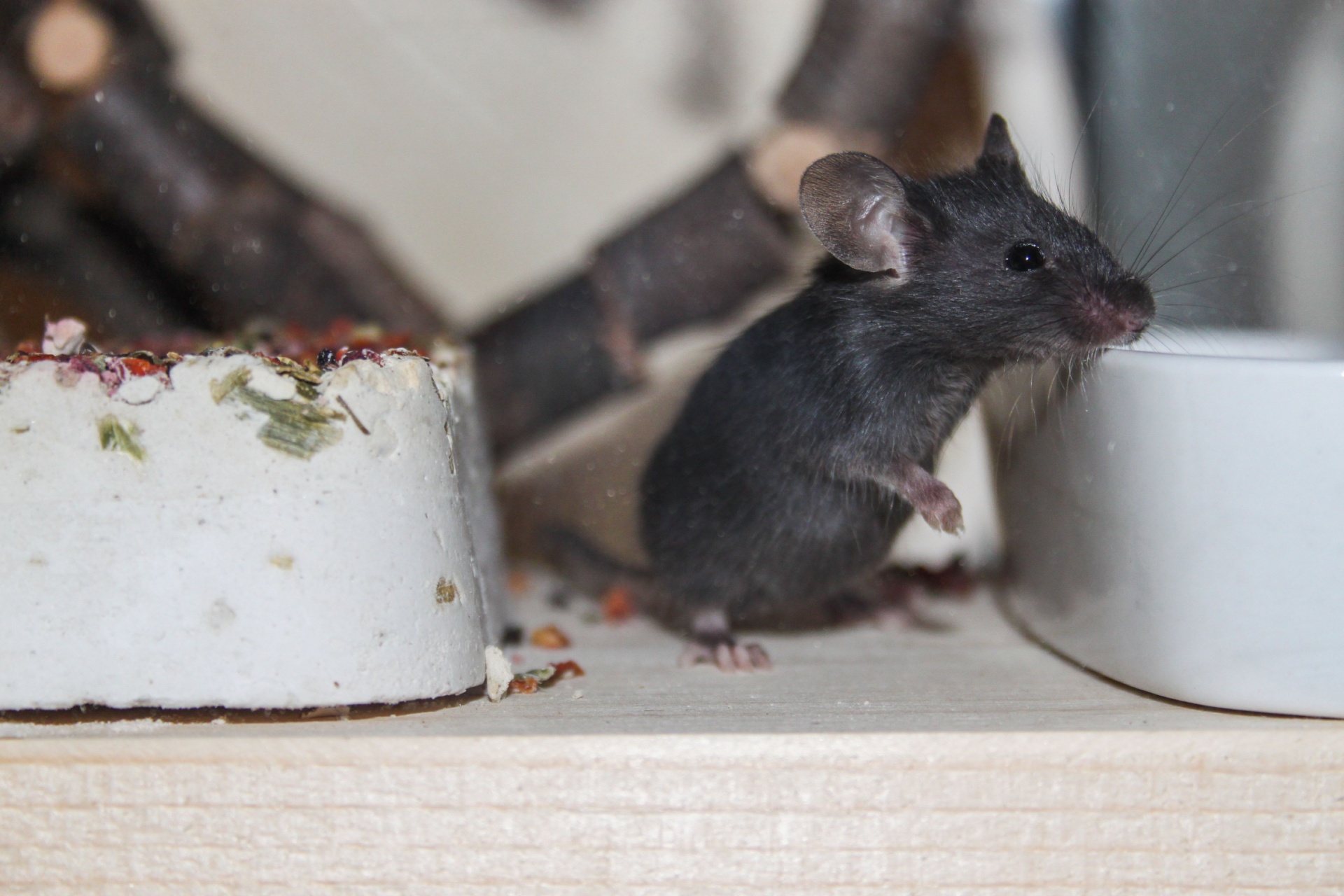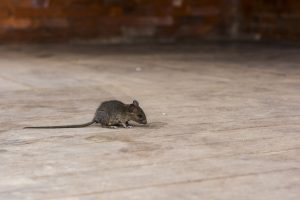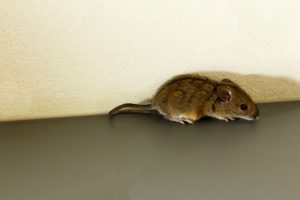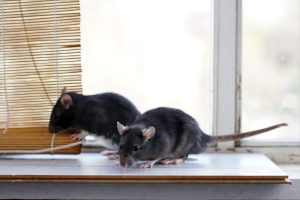It always starts the same way: you’re reaching for a midnight snack when something dashes across the kitchen floor—quick, quiet, gone. One mouse, you think. No big deal. But in Cape Coral, that single flicker of movement could be your home’s red flag.
Mice aren’t solo travelers. When you spot even one, it usually means others are already hiding out—nesting in attics, creeping through insulation, and raiding your pantry when the lights go out. A mouse in the house in Cape Coral is rarely just a chance encounter; it’s a sign that your home might already be on its way to a full-blown rodent problem.
What happens next depends on how quickly you act. Because when it comes to early signs of rodent infestation, time is the one thing you don’t have.
One Mouse Is Never Just One
Mice are social animals that thrive in dark, undisturbed corners of our homes. If you’ve seen one, it’s highly likely others are nearby. They multiply quickly—once a pair settles in, a full nest can form before you even realize it. Left unchecked, what began with a single mouse can escalate into a widespread problem that takes over walls, attics, and cabinets in no time.
What looks like one curious critter may actually be the tip of the iceberg. Homes in Cape Coral provide the perfect storm of shelter, warmth, and food—offering everything a growing rodent family needs to settle in for the long haul.
What to Do If You See a Mouse in Cape Coral
The first step is not to panic—but definitely don’t wait it out. Here’s what you should do immediately after spotting a mouse:
- Seal all food in airtight containers, especially pet food.
- Check for small entry points near baseboards, pipes, and utility lines.
- Avoid using DIY traps as your only strategy—they don’t get to the root of the problem.
- Contact a professional for a full inspection and long-term solution.
Ignoring the early signs of rodent infestation could leave your home vulnerable to extensive contamination and structural damage. Mice are notorious for gnawing on insulation, electrical wiring, and wooden frames—repairs that could cost far more than early intervention.
How Mice Threaten More Than Just Food Storage
Most homeowners associate rodents with chewed cereal boxes or a late-night scurry across the kitchen floor—but the threat runs much deeper. Mice have incisors that never stop growing, and to keep them trimmed, they gnaw constantly—on anything. That includes electrical wires, PVC pipes, HVAC ducting, and even structural wood elements. Over time, this behavior doesn’t just inconvenience you—it puts your entire home at risk.
In fact, it’s estimated that a significant number of house fires in the U.S. are caused by rodents chewing on wiring. In places like Cape Coral, where seasonal temperature shifts can drive mice indoors, it’s not uncommon for them to nest in attics or inside walls—exactly where your insulation and wiring live. The longer they’re undetected, the more chances they have to silently compromise your home from the inside out.
Recognizing the Early Signs of Mice in Your Home
Don’t wait until you’re seeing mice in broad daylight to take action. Early warning signs often include:
- Droppings—small, pellet-shaped, and usually near food or nesting sites
- Scratching noises at night inside walls or ceilings
- Shredded paper or fabric used for nesting
- A musky odor in closed spaces like cabinets or attics
- Chewed food packaging
- Grease marks along baseboards or walls from their oily fur
- Pets acting unusually fixated on certain corners or behind appliances
If you notice any combination of these, it’s time to act fast.
The Cost of Waiting
Delaying mouse control in Cape Coral can lead to a cascade of consequences that go far beyond the occasional startled reaction in the kitchen. Mice may be small, but the ripple effect of their presence can escalate quickly—from structural damage to serious health risks.
Mice can contaminate food and surfaces with bacteria like salmonella, leave behind allergens in their droppings and urine, and serve as carriers for diseases such as leptospirosis and hantavirus. These aren’t just remote concerns; in warm, humid climates like Florida’s, the conditions are ideal for bacteria and viruses to thrive once introduced by rodents. This makes every delay a gamble with the safety of your household.
On the structural side, mice are relentless chewers. They gnaw on insulation, wood framing, and electrical wiring—leading to potential short circuits or even fires. If they nest inside HVAC systems or ductwork, it can compromise indoor air quality and rack up expensive repair bills in no time.
And then there’s the infestation factor. Mice reproduce with astounding speed, and what starts as a single sighting can turn into a full-blown colony in mere weeks. The longer you wait, the more extensive—and costly—the solution becomes. Trapping a few mice is vastly different from addressing a widespread infestation that’s taken root in multiple areas of your home.
In short, hesitation can turn a quick fix into a major expense. Taking immediate action is not only the smart move—it’s the most cost-effective one.
A Small Sight That Deserves a Big Response
Rodents don’t announce their arrival—they slip in quietly and multiply fast. But the good news is, you’re not powerless. At Pest Solutions Plus, we specialize in identifying infestations early, sealing off access points, and deploying long-term strategies that stop mice in their tracks—before they turn your home into theirs.
We know Cape Coral. We know where mice like to hide. And most importantly, we know how to get rid of them efficiently, humanely, and for good. Whether you’re responding to a single sighting or already spotting signs of mice in your home, our experienced team is here to protect what matters most.
Don’t let a small problem become a costly one. Schedule your inspection today, and let Pest Solutions Plus bring back the comfort, safety, and peace of mind your home deserves.






